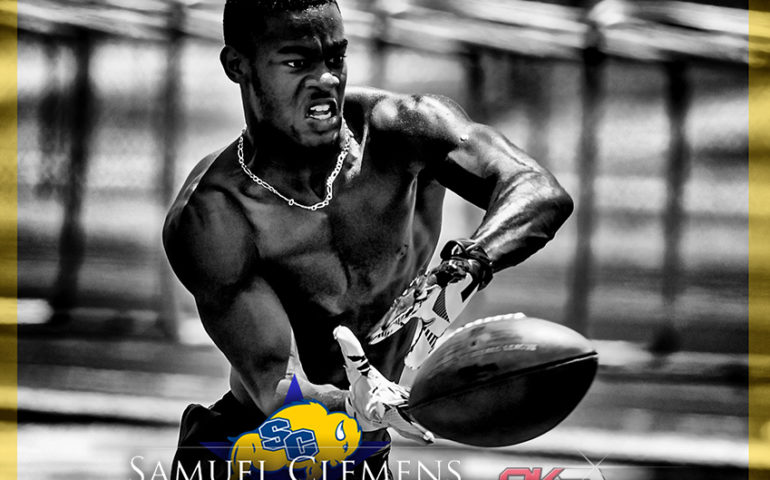By Aaron Sorenson
Work ethic. There are few things, (if any), that can top a strong work ethic. First in, last to leave. Where does your work ethic rank when you look at your teammates, co-workers, or the competition? The beauty of examining our work ethic is this: you can always, always make it better. If need be, in your own way, with your own will, you can always make it better. No matter what position, what string, what job title, what seat on the bus.
This notion – and incredibly good reminder as the school year starts – goes hand-in-hand with an excerpt from our Founder and CEO Chris Krause’s second book, Athleadership, that will be hitting shelves later in the year. What steps are you taking to become better…when no one’s watching?
Taken from page 26 of Athleadership by Chris Krause:
“Bridget Venturi-Veenema’s resume is long and full of accolades. She was the first woman to win American Gladiator when it debuted in 1989. She is a Women’s World Cup gold medalist, playing for Team USA in both 2004 and 2006. She went on the serve as the athletic director of the same high school she attended, Regina Dominican in Wilmette, IL.
But before all that, when she was in college, she developed a problem throwing the ball – bad news for her athletic scholarship at the University of Michigan in pursuit of a degree in Engineering.
Venturi-Veenema had always been blessed with a strong arm. “I never had to learn to throw; it wasn’t hard work. It was an unconscious skill,” she says today.
Then, during her sophomore year in college, her arm went wild. For whatever reason, she could not effectively throw to first base, which was the second-shortest throw from her position as third baseman.
“Anytime I had to throw the ball to first base, my mind started interfering. I felt like I heard other people gasping. I could not get that ball to first base.”
This was a basic skill she should have been able to execute flawlessly. But she could not, and her mind was fixated on the repercussions of losing this once-innate ability. If I can’t do this—the simplest of tasks—I am going to lose my starting position and then my scholarship. I won’t get my engineering degree.
Her mind was spinning.
Though Venturi-Veenema had been blessed with a strong arm, it no longer mattered. She had two choices: give in or step up.
Sitting alone in her dorm room one evening, unable to concentrate on her homework, Venturi-Veenema decided to step up.
So she got out of her chair, put on her athletic shoes, and ran a mile to the field, at midnight, and in the middle of a rainstorm.
Alone on the field, drenching wet, she put a folding chair at first base and ran to her position on third base.
I can do this, she told herself. I can throw, and I’m going to keep throwing until I convince my mind that I can throw.
Whack. The ball hit the chair the first time.
Venturi ran over, picked up the ball, repositioned the chair, and ran back to third base.
Whack. The ball hit the chair again.
Over and over, Venturi repeated the exercise:
Throw ball at chair,
Run to first base,
Pick up ball,
Reposition chair,
Run back to third base,
Repeat.
She did this fifty times until finally, her mind was convinced: She could throw.
Muddy and exhausted, but convinced, Venturi-Veenema ran back to her dorm room.
The next day, she attended practice in the afternoon.
“The coach was angry because the field was torn up. She thought kids had vandalized our field,” Venturi-Veenema told me, adding sheepishly; “I never told anyone that it was me, practicing in the rain. I didn’t mean to tear up the field.
“But I could throw after that.”
Having a strong work ethic is the meat-and-potatoes of success in every aspect of life, and no one knows this better than an athlete. No amount of innate ability will compensate for an athlete unwilling to put in the work. Venturi-Veenema would not be where she is today had she not had the discipline to leave the safety of her warm dorm room, stand on that field in the middle of a rainstorm, and work hard to overcome her obstacle.
And she would not have been standing on that field if she had not worked hard as a high school athlete.
Of course, she would have never been captain of her high school team had she not had the discipline to work hard in junior high. And she would have never built that discipline if her parents had treated participation in sports as just a fun little hobby void of any other values.”
By Aaron Sorenson

